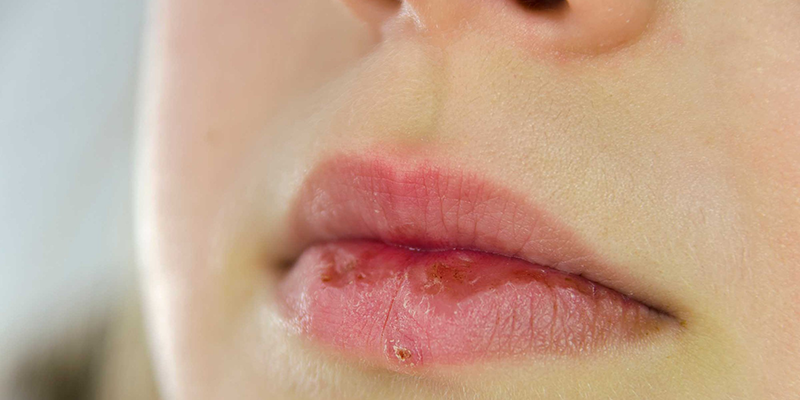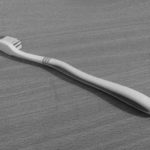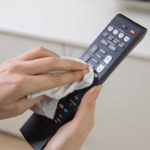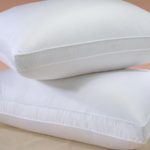Many people have the habit of licking their lips, believing that it provides moisture and prevents dryness. However, the truth is quite the opposite. Not only does lip-licking not hydrate the lips, but it also makes them drier.
1 Every Lip Lick Makes Your Lips Dryer
Each time you lick your lips, you’re actually making them drier and paler, taking away from the freshness of your face. Contrary to popular belief, the saliva from lip-licking does not moisturize or soften your lips. This is because saliva contains Amylase, a type of starch enzyme that, when exposed to air, dries out your lips, causing them to shrink and feel rough.
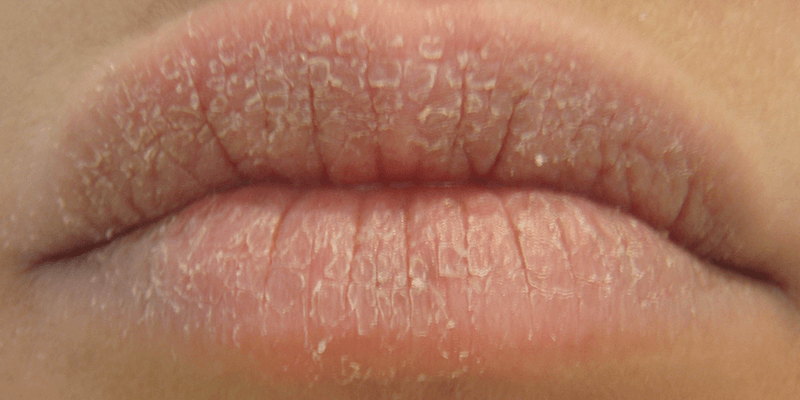
2 Frequent Lip Licking Leads to Darker Lips
It may seem illogical, but there’s a valid reason behind it. The skin on our lips is the thinnest compared to other parts of our body, making it more prone to flaking. When you lick your lips, the saliva causes the thin lip skin to flake even more. The exposed, flaky skin then darkens when it comes into contact with the air, losing its natural rosy hue.
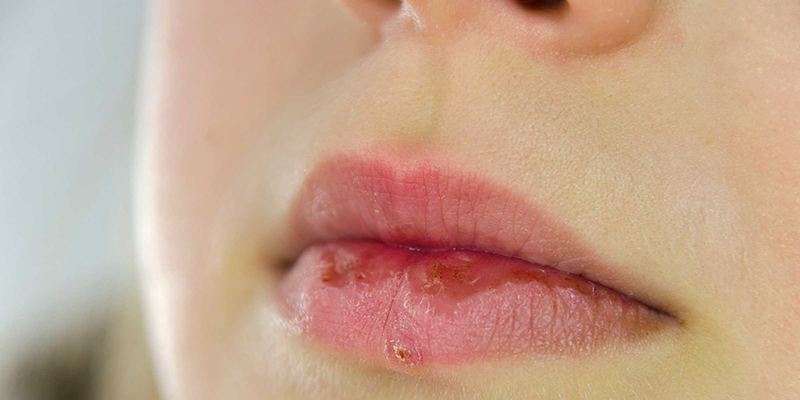
3 Lip Licking Provides a Gateway for Harmful Bacteria
As our lips are constantly exposed to the external environment, they tend to accumulate a lot of bacteria. When you lick your lips, you unknowingly ingest these harmful bacteria, which can have negative effects on your health.
4 Frequent Lip Licking Can Lead to Inflammation, Pain, and Discomfort
Saliva contains digestive enzymes that, when transferred to the lips through licking, can corrode and inflame the delicate lip skin, exacerbating dryness, cracking, and soreness.
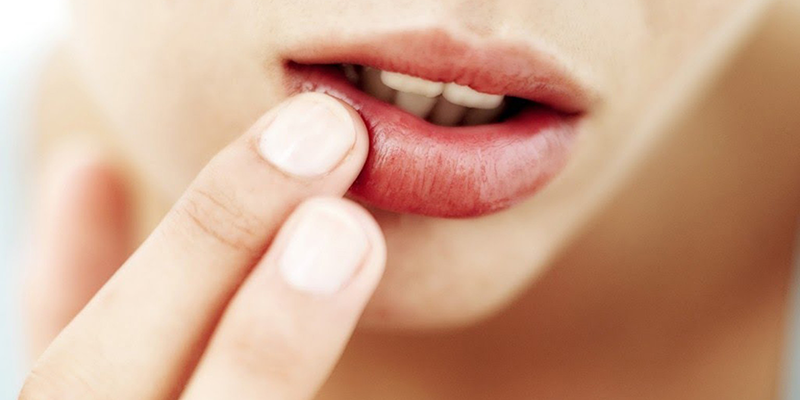
5 Lip Licking Increases the Risk of Ingesting Toxic Substances from Low-Quality Lipsticks
Lipstick is an essential cosmetic for many women, but some low-quality products may contain harmful chemicals. When you lick your lips, you ingest these toxic substances, which can have adverse effects on your health. Worse still, some of these chemicals have been linked to cancer, posing a serious threat to your well-being.
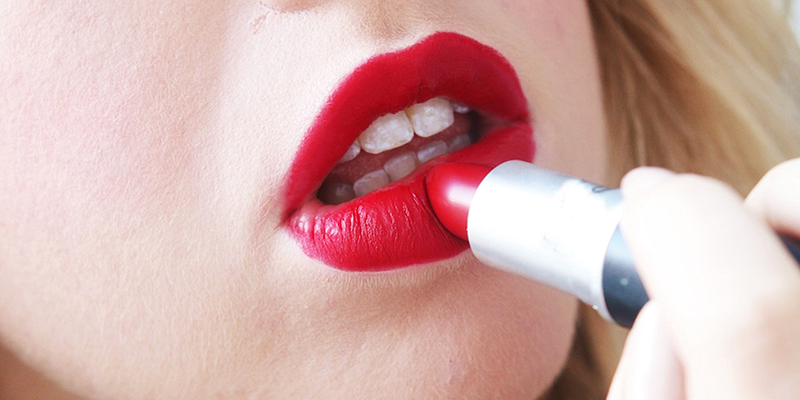
Remedies for Dry Lips
– Stay hydrated by drinking plenty of water.
– Resist the urge to lick your lips.
– Nourish your lips with natural products like honey, , , , aloe vera, and , rich in .
– Use safe and nourishing lip balms, such as .
– Opt for reputable lipstick brands that do not use harmful chemicals.
>> For more information:
– Stay hydrated by drinking plenty of water.
– Resist the urge to lick your lips.
– Nourish your lips with natural products like honey, , , , aloe vera, and , rich in .
– Use safe and nourishing lip balms, such as .
– Opt for reputable lipstick brands that do not use harmful chemicals.
>> For more information:
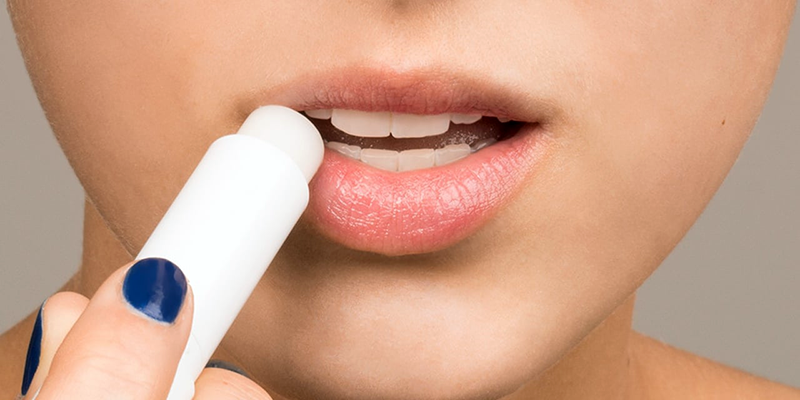
Take note and break the habit of lip-licking as soon as you finish reading this article. This seemingly harmless habit can have more consequences than you think.
8 Common Mistakes People Make with Cutting Boards
Are you using your cutting board correctly? Many Vietnamese households rely on cutting boards in their kitchen, but not everyone knows how to use them properly, especially when it comes to wooden cutting boards. Check out these 8 mistakes to avoid when using a cutting board to ensure both hygiene and safety for everyone in your family.
























